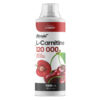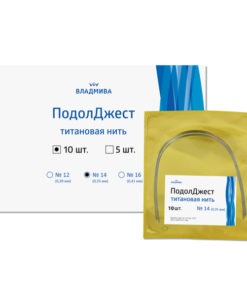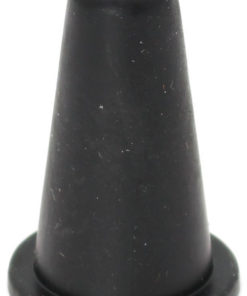-
×
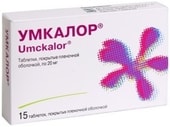 Schwabe Umkalor, 20 mg, 15 tab.
1 × $49.00
Schwabe Umkalor, 20 mg, 15 tab.
1 × $49.00 -
×
![Smith Frequency 086: [Relevant Keyword] Guide](https://globalhealingweb.com/wp-content/uploads/2024/11/6295017024-247x296.jpg) Smith Frequency 086: [Relevant Keyword] Guide
1 × $139.00
Smith Frequency 086: [Relevant Keyword] Guide
1 × $139.00 -
×
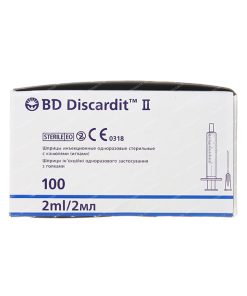 Syringe two-component BD Discardit II 2 ml with a needle 23G x 1 1/4
1 × $9.00
Syringe two-component BD Discardit II 2 ml with a needle 23G x 1 1/4
1 × $9.00 -
×
 VitaDream Supportive Pillow 70x90cm (20cm High)
2 × $289.00
VitaDream Supportive Pillow 70x90cm (20cm High)
2 × $289.00 -
×
 Si-Line Silicone Vacuum Massage Cups Set: 4 Cups, Face Brush & Case
1 × $39.00
Si-Line Silicone Vacuum Massage Cups Set: 4 Cups, Face Brush & Case
1 × $39.00 -
×
 Orthopedic insoles for children. art. 26E p.13 "Effect"
1 × $19.00
Orthopedic insoles for children. art. 26E p.13 "Effect"
1 × $19.00 -
×
 TOP Laces round 120 cm - black (1 pair per pack)
1 × $9.00
TOP Laces round 120 cm - black (1 pair per pack)
1 × $9.00 -
×
 White Crochet Mesh Hat
1 × $9.00
White Crochet Mesh Hat
1 × $9.00 -
×
 White Disposable Cat Mask
1 × $9.00
White Disposable Cat Mask
1 × $9.00
Subtotal: $860.00
 Free worldwide shipping on orders $99+
Free worldwide shipping on orders $99+
 US: 2–3 weeks,
US: 2–3 weeks,
 EU: 1–2 weeks,
EU: 1–2 weeks,
 Worldwide: 1–4 weeks
Worldwide: 1–4 weeks


